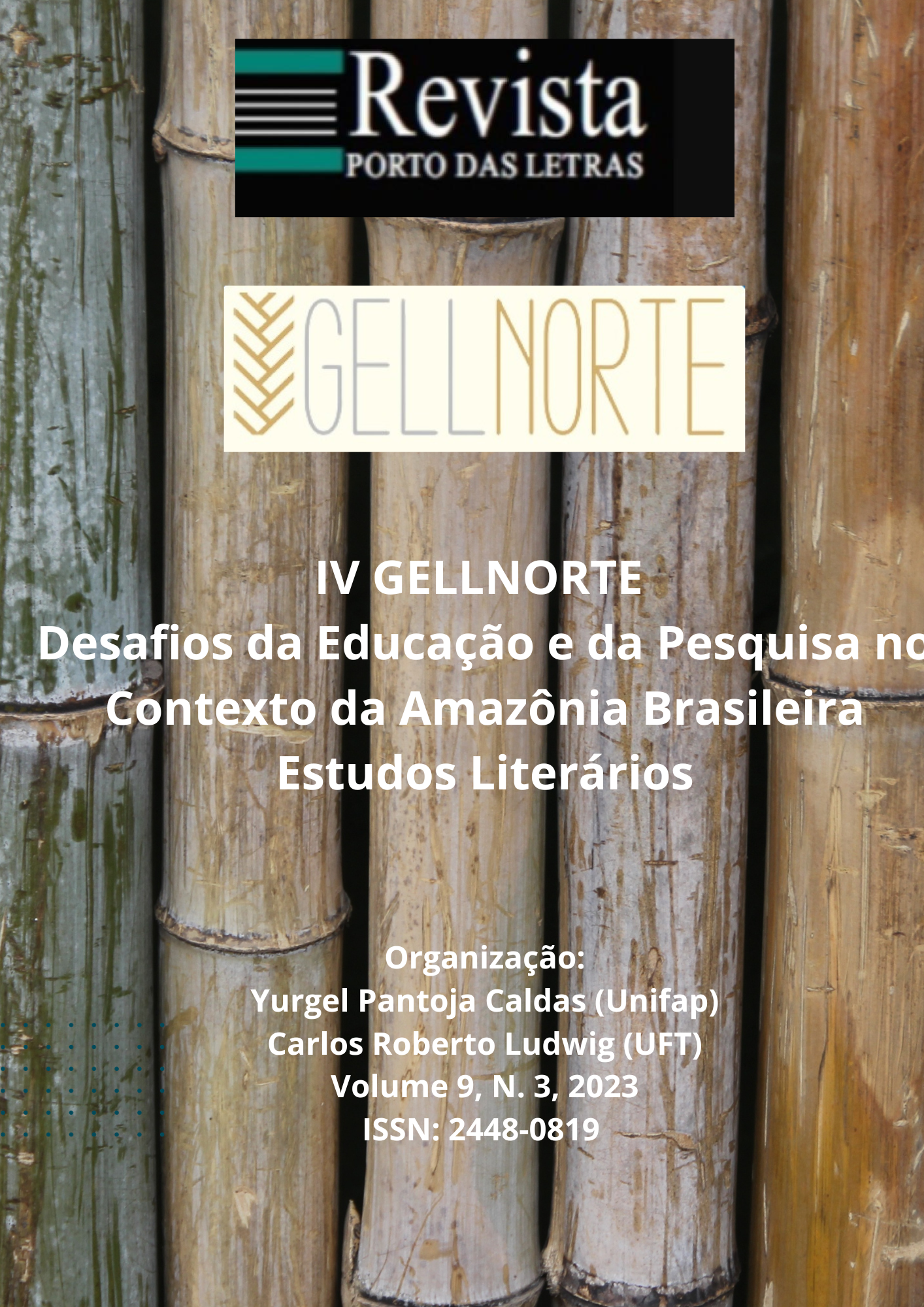Espaços e os Modos de Ler Literatura
Abstract
In the Brazilian context, forming literary readers is still a challenge, given the weakened public policies for the acquisition and access to updated collections and spaces for reading in a pleasant way. The work aims to discuss about the ways and intimate/public spaces to read literature. In the wake of Michèle Petit (2013), promoting forms, reading spaces is a recent idea, as access to reading had been denied for years, especially to the most vulnerable layers of society. Antonio Candido (2011) asserts that denying access to reading/literature is denying the culture of a people and what they have best in building their identity. Likewise, Rildo Cosson (2018) ensures that literature is the locus of knowledge. Thus, we will deal with the cultural good whose access promotes a political society, with a more developed cognitive and linguistic aspect. The ways and spaces for carrying out literary reading that promote the subjects/readers lasting perceptions of reading. For this perspective, we propose to weave reflections along the lines of a Didactic Sequence, how the reader of the literary text can reach fruition with discussions that cross and/or permeate the pragmatic purpose. In this way, we anchored in conceptualizing the types of readings, modalizing spaces and ways of reading literature according to Regina Zilberman (2019), Teresa Colomer (2007) Roger Chartier (1999), among others who dedicated their work to reader formation literary.
References
AGUIAR, Vera Teixeira. O compromisso de fazer literatura para crianças e jovens. In. O que é qualidade em literatura infantil e juvenil com a palavra o educador. São Paulo: DCL, 2011.
ASSIS, Machado. Helena. 1ªed. Pricipis. Rio de Janeiro, 2021.
CANDIDO, Antonio. Inquietudes na poesia de Drummond. In: Vários escritos. 4.ed. (reorganizada pelo autor), São Paulo: Duas Cidades; Rio de Janeiro: Ouro sobre azul. 2004.
COLOMER. Teresa. Andar entre livros: a leitura literária na escola. São Paulo: Global, 2007.
CHAPMAN, Linda. O jardim Secreto: a história do filme. Tradução Alda Lima.1.ed. Rio de Janeiro: Haper Collins, 2020.
COSSON, Rildo. Letramento literário: teoria e prática. 2.ed.,7ª reimpressão. – São Paulo: Contexto, 2018.
FLECK, Gilmei Francisco. Quando as palavras saltam à vida, geram sentidos e criam consciência, forma-se um leitor: ler além dos signos – experiencia a arte constituída de palavras. Revista Entreletras (Araguaína), V 10, n.2, jul/dez 2019. (ISSN 2179-3948 – online)
LAJOLO, Marisa. No mundo da leitura para a leitura do mundo. São Paulo, SP: Ática, 1993.
MELO, Márcio A; SILVA, Luiza Helena O. O que pode o leitor. Revista Entreletras (Araguaína), v.6, n.2, jul/dez,2015.
MORAIS, Maria Perla A. Literatura, Qual poder? Revista Entreletras (Araguaína), v.6, n.2, jul/dez,2015.
ZILBERMAN, Regina. Que literatura para escolar, que escola para literatura. Revista do Programa de pós-Graduação em Letras da Universidade de Passo Fundo.v.5, n.1-9-20- jan/jun. 2009.
ZILBERMAN, Regina. O papel da literatura na escola. Revista Via Atlantica.n.14. dez/2008.
ZILBERMAN, Regina. A leitura no mundo digital. In: Leitura: história e ensino. Porto Alegre: Edelbra, 2016.
Downloads
Published
How to Cite
Issue
Section
License
Os autores concordam com os termos da Declaração de Direito Autoral, que se aplicará a esta submissão caso seja publicada nesta revista (comentários ao editor podem ser incluídos a seguir).

